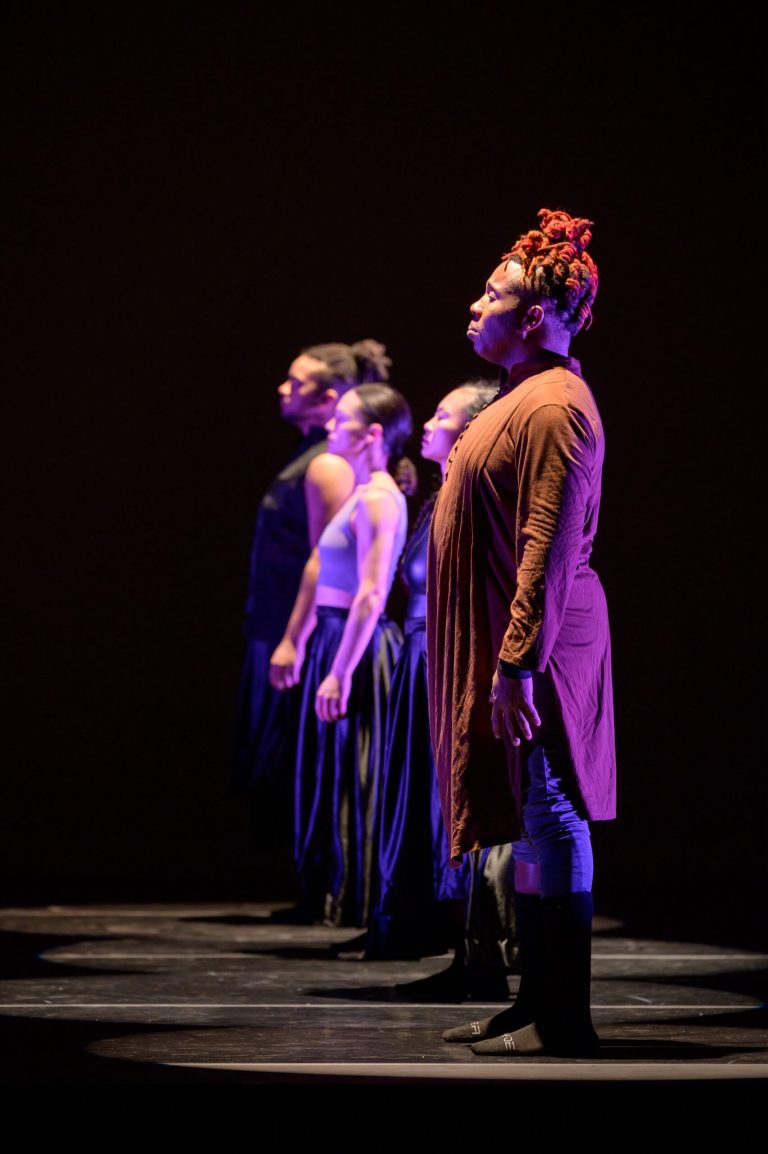Daniel Nesbitt ’22
News Editor
At the most recent Faculty Conference meeting in Dec. 2019, the Faculty approved a resolution declaring a climate emergency. The resolution, introduced by Professors Mark Silk, Sean Cocco, Johannes Evelein, and Christoph Geiss, sought to “join other institutions of higher learning around the world in declaring a climate emergency.” The language of the resolution drew heavily from a July letter drafted by institutions of higher learning that detailed a plan to address climate change prior to the United Nations Climate Action Summit in September 2019.
As the resolution explains, “The letter is part of the SDG Accord, higher education’s collective response to the 17 SDGs (Sustainable Development Goals) established by the United Nations General Assembly in 2015.” As of Monday Feb. 10, the letter has been signed by 247 institutions and 56 networks representing approximately 16,696 institutions. Among the terms enumerated in the resolution include carbon neutrality by 2030, or 2050 at the very latest, and “increasing the delivery of environmental and sustainability education across curriculum, campus, and community outreach programs.” Silk plans to introduce another resolution at the February Faculty Conference meeting on Tuesday, Feb. 11 to create a process or committee through which “the Faculty can meet those commitments in the Climate Emergency Resolution that relate specifically to areas of Faculty responsibility.” The resolution is expected to be approved.
The original December resolution passed unanimously, but President Berger-Sweeney chose to abstain from the vote. When asked why she abstained, the President commented, “As a scientist, with a degree in environmental health science, I am well aware of the reality and gravity of the global climate change crisis. That is why I called for a focus on environmental sustainability when we began our strategic planning process.” She also cited the creation of the campus Sustainability Committee to develop strategies to move Trinity toward greater environmental sustainability. She continued, “that committee has made tremendous progress, and I felt that my voice was more powerfully put to use in fully supporting the committee’s work to unite the Trinity community in confronting climate change. I fully appreciated the intent of the resolution but didn’t want my vote to be merely symbolic, but to support an actionable plan for change on a vital issue.”
Student Government Association (SGA) Sustainability Liaison Amelia Huba ’22 is planning to submit a resolution to SGA to declare a climate emergency, similar to the Faculty Conference. To ensure that the goals of the SGA reach a resolution, Huba collaborated with Silk “to understand his motivation and specific language and to seek his input on the idea of a resolution for the [SGA]. Huba also emphasized the importance of input from the student body, and she intends to release a survey to determine what actionable goal students would most like to see SGA pursue. The resolution will likely be voted on at the next SGA meeting and is expected to be approved.
In an effort to meet the Climate Emergency Resolution’s goal of “increasing the delivery of environmental and sustainability education across curriculum, campus, and community outreach programs,” the Public Policy & Law program and Environmental Science department have applied for a new joint professorship position in both departments. According to Director of the Public Policy & Law Program Professor Adrienne Fulco and Director of the Environmental Science Department Christoph Geiss, discussions about a joint position between these two have been ongoing for several years but have only now come to fruition. Both departments are optimistic about this position. “We are also very excited to be collaborating on a position that joins faculty in the sciences and social sciences in a common teaching endeavor,” remarked Fulco. Geiss added, “This position would be truly interdisciplinary and be rooted in two strong programs…the position would also reflect recent faculty decisions with respect to sustainability and climate and dovetail nicely with the recent curricular reform.”
To more accurately gauge the level of sustainability education and research at Trinity, the Sustainability Committee gathered data on the college’s course offerings and faculty research projects. The data revealed that for undergraduate course, only six sustainability courses were offered, however there were 94 courses offered that included sustainability. In total, sustainability courses comprise approximately 11% of undergraduate courses. In addition, about 49% of Trinity’s academic departments have sustainability course offerings. In terms of research, the Committee found that of faculty engaged in research, only 14% engaged in sustainability research. Also, of the academic departments with at least one faculty member conducting research, more than half of the academic departments have at least one faculty member researching sustainability.






+ There are no comments
Add yours